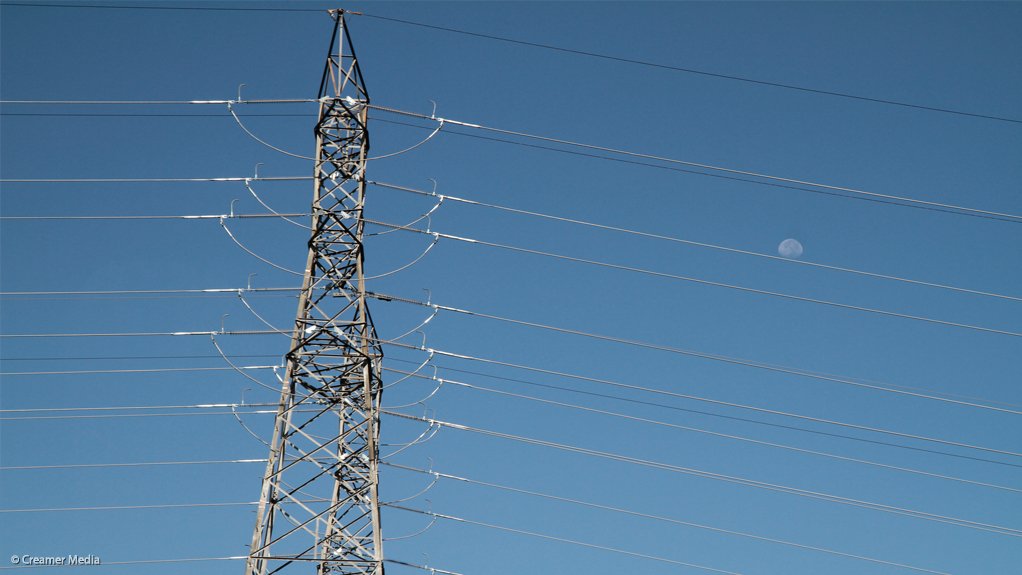Eskom intends hosting an open day for independent power producers (IPPs) and aggregators in the near future to market its virtual wheeling solution, which was officially launched at the end of March.
The launch followed on from a pilot phase conducted in partnership with telecommunications group Vodacom, which played a key role in the development of the concept.
Eskom reports that the commercial model has undergone only minor changes since the pilot, with these relating primarily to the contracting model, as well as some updates to business rules.
No virtual wheeling contracts have as yet been concluded, including with Vodacom, but Eskom says it has received a number of enquiries.
While the utility is currently legally opposing the licensing of some traders, it tells Engineering News that the product remains open to traders, and that each application will be assessed based on its merits.
“A trader that is also an IPP can naturally contract for wheeling,” Eskom said in response to questions.
Eskom explains that virtual wheeling allows an entity, known as the buyer, to purchase electricity from an IPP and have that energy virtually allocated to multiple grid-connected end-users.
The buyer of the energy does this by signing a power purchase agreement with an IPP and then contracting with customers connected to the Eskom or municipal grids.
The buyer applies to Eskom to virtually wheel the electricity being purchased from the IPP to the multiple end consumers over a specified period, and Eskom then links these grid-connected customers to the transaction, alongside the generator.
Monthly claims are submitted after the electricity is consumed and paid for by the grid-connected customers.
As this transaction is retrospective, the grid-connected customer is obliged to pay their utility bill as normal and Eskom will then ‘refund’ the buyer for the energy being claimed at the prescribed rate.
In other words, under virtual wheeling the end-user's bill and contract is unchanged and energy transactions are processed separately through Eskom.
It is designed primarily to offer a more scalable and administratively simplified model for aggregators and corporates, without dislodging municipal distributors. Although, Eskom will implement virtual wheeling only with municipalities in financial good standing with itself.
Virtual wheeling is, thus, distinct from existing bilateral and multilateral wheeling agreements, where there is a direct and visible relationship between the generator and the customer, and the grid-tied customer’s electricity supply agreement is amended.
“Eskom will market the solution as part of the service offering it has available [and] also intends to have an open day for IPPs in the near future,” the utility states.
EMAIL THIS ARTICLE SAVE THIS ARTICLE ARTICLE ENQUIRY FEEDBACK
To subscribe email subscriptions@creamermedia.co.za or click here
To advertise email advertising@creamermedia.co.za or click here











